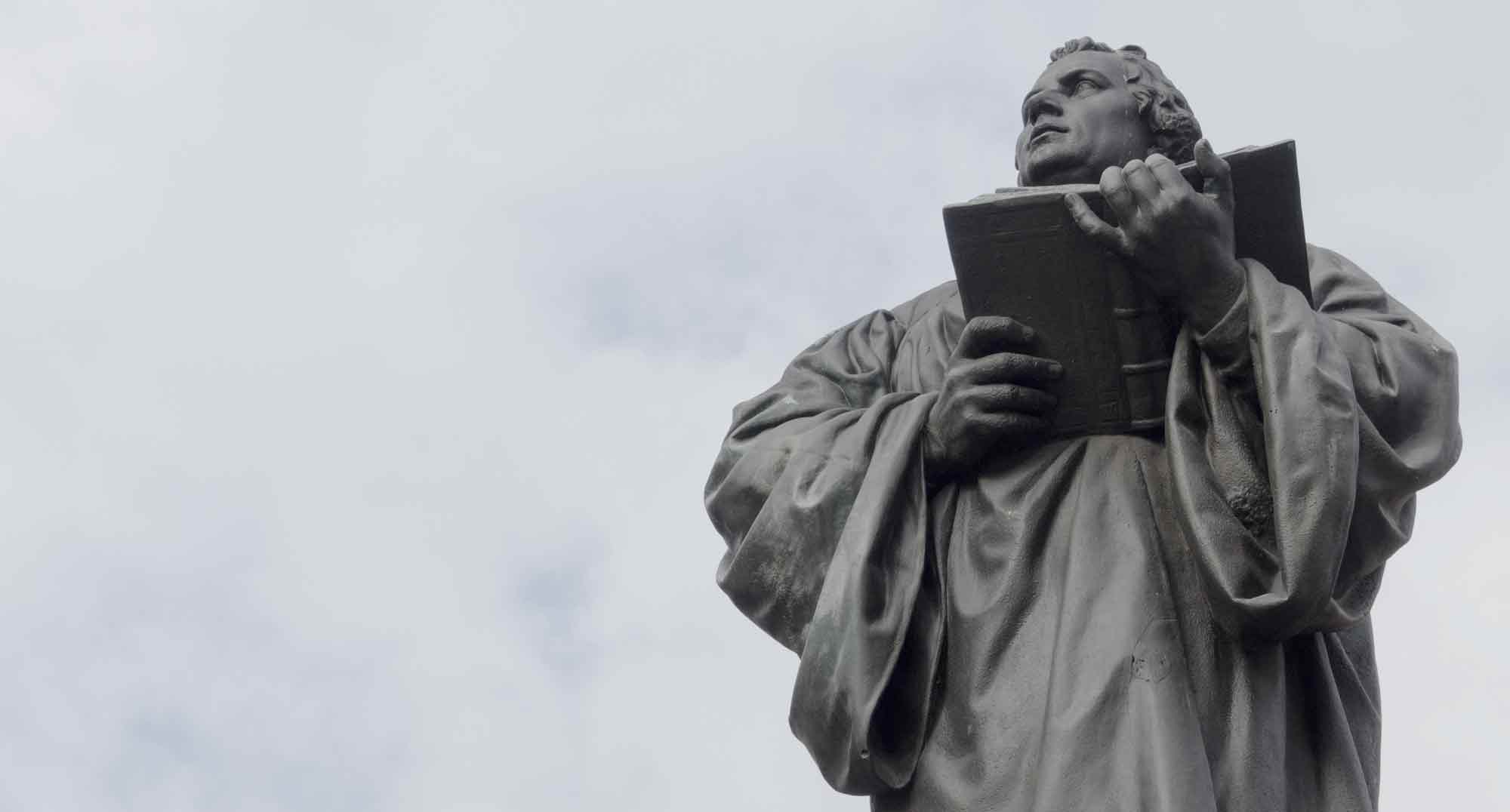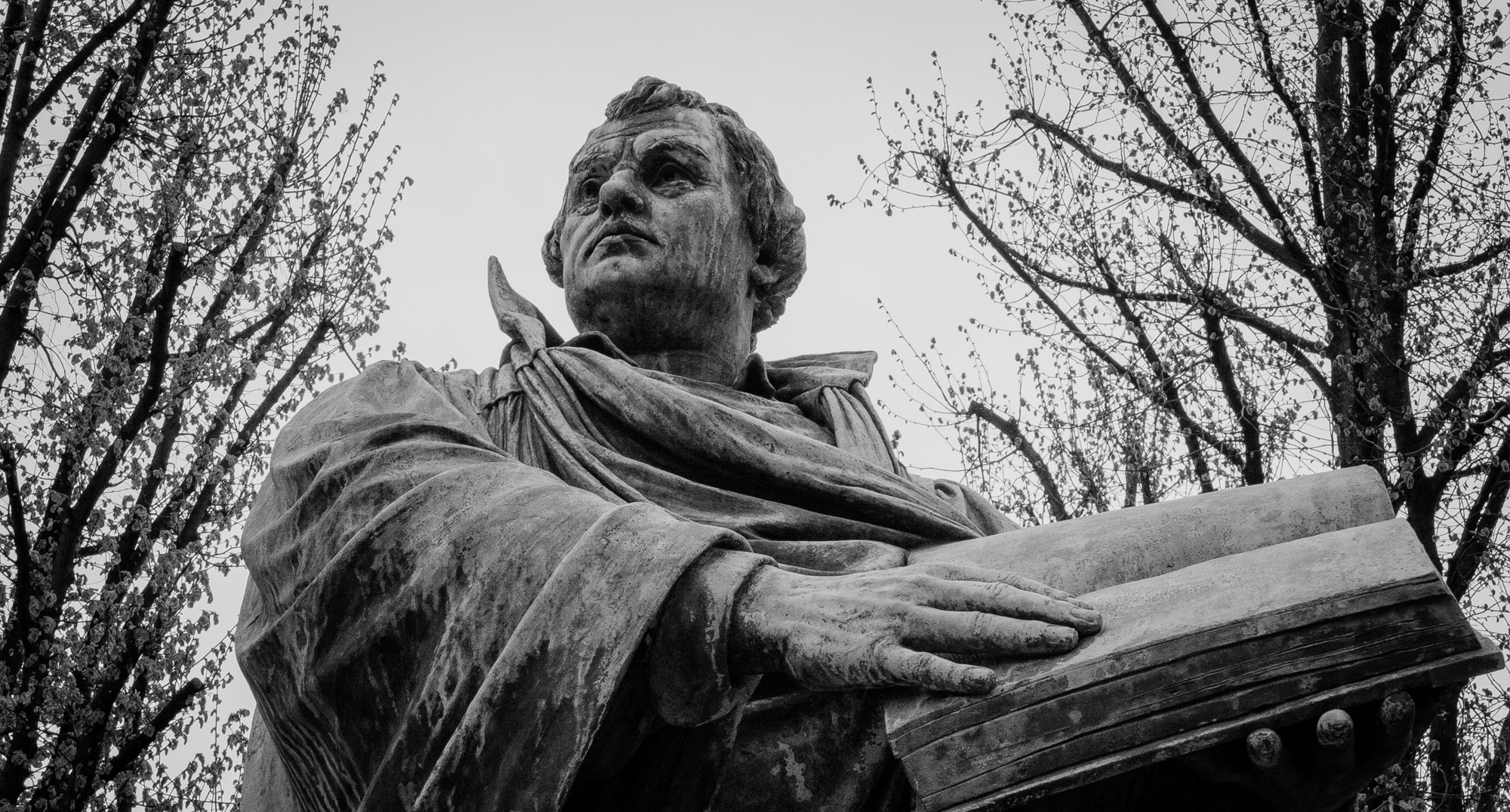Telling the Reformation Story to Our Children
SHERRY KENDRICK | GUEST A year ago, I had the privilege of going on a Reformation tour with fifty people from my church. Several pastors who had both interest and training in church history served as guides. It was a wonderful learning experience for me and deepened my faith. The more I learned about the Reformation, the more I came to treasure the power of God’s Word, the gift of salvation by grace alone, and the steadfast courage needed to stand for gospel truth. This year’s Reformation Sunday is October 26, and I find myself asking: how do we pass this history on to our children? The Protestant Reformation is a story of God’s faithfulness to His church—and it is a story worth telling them. What Was the Reformation? The beginning of the Reformation usually dates to October 31, 1517, when Martin Luther, a German monk, nailed his 95 Theses to the door of Castle Church in Wittenberg, Germany. The 95 Theses was a list of Luther’s arguments against the Catholic Church’s practice of selling indulgences—which were like "get out of jail free" cards for sins—often sold for money to raise funds for the church. The Protestant Reformation would continue for over 130 years throughout all of Europe. There were many “reformers,” men and women, who with courage stood in the face of persecution and death for believing the five key truths that came from the Reformation. They are known as the Five Solas: Sola Scriptura – Scripture alone Sola Fide – Faith alone Sola Gratia – Grace alone Solus Christus – Christ alone Soli Deo Gloria – To God alone be the glory To prepare for the Reformation tour, my pastor recommended reading The Unquenchable Flame: Discovering the Heart of the Reformation by Michael Reeves. He describes the Reformation as a fire that could not be put out—a flame of gospel truth blazing across Europe. That imagery has stayed with me. It is my heart’s desire for the flame of these gospel truths to burn in me and into the hearts of the children we are discipling today...






